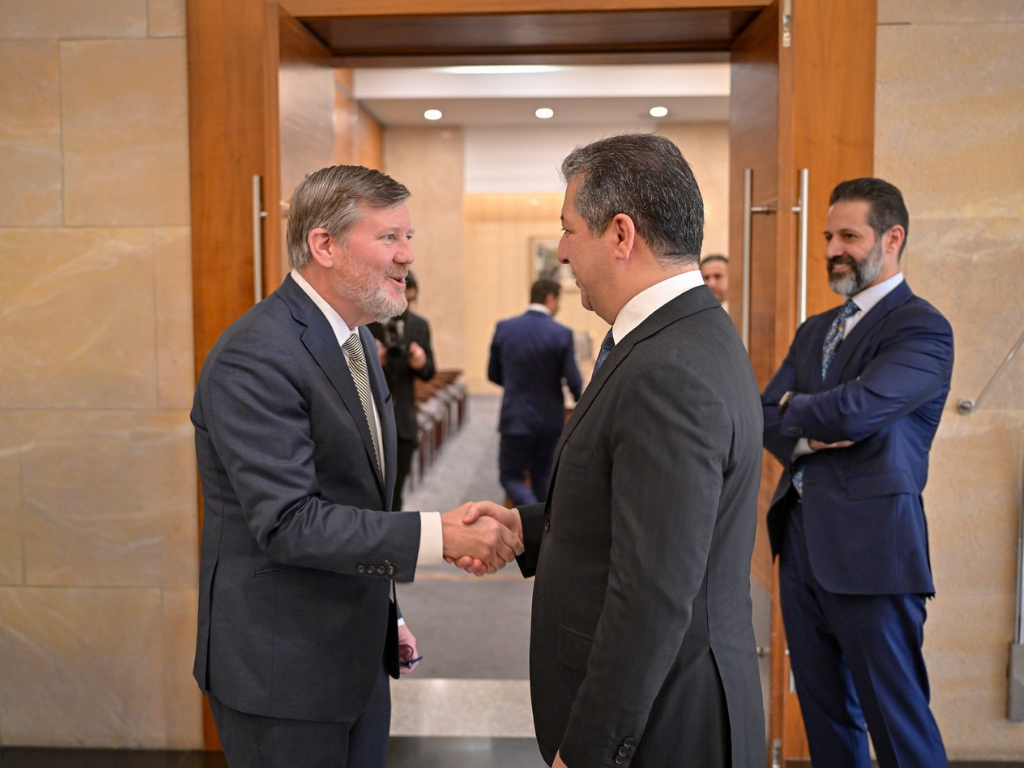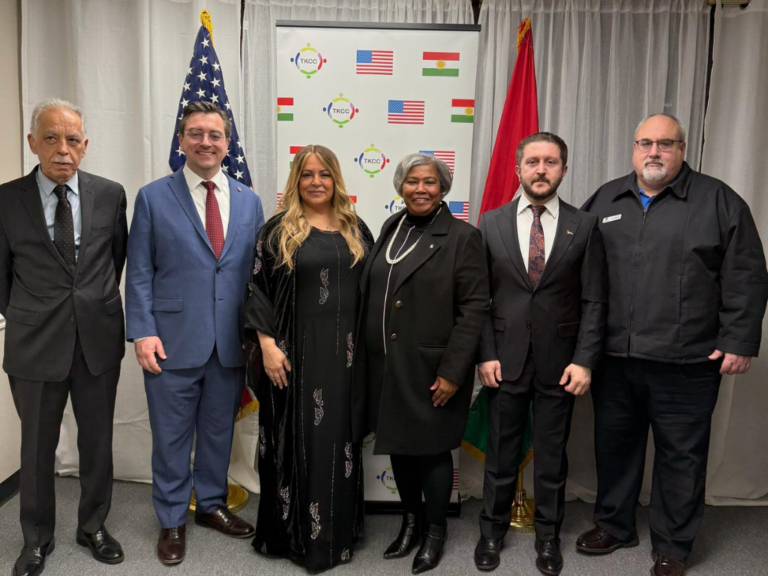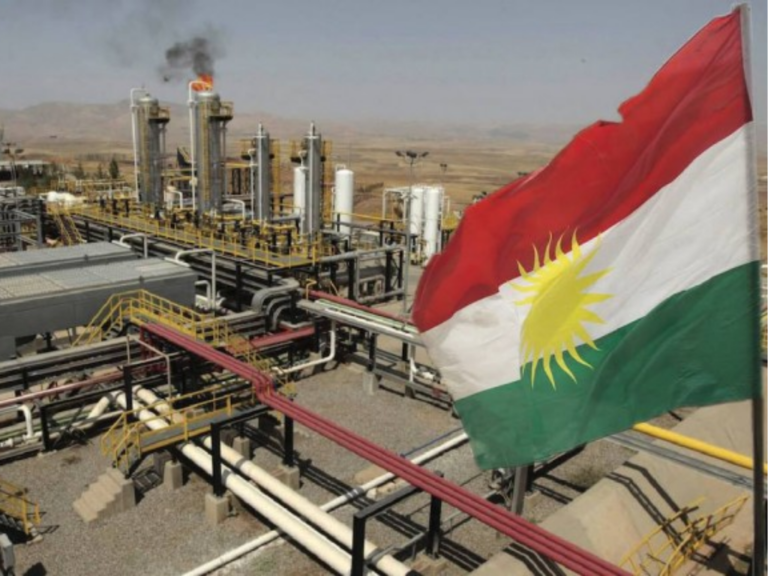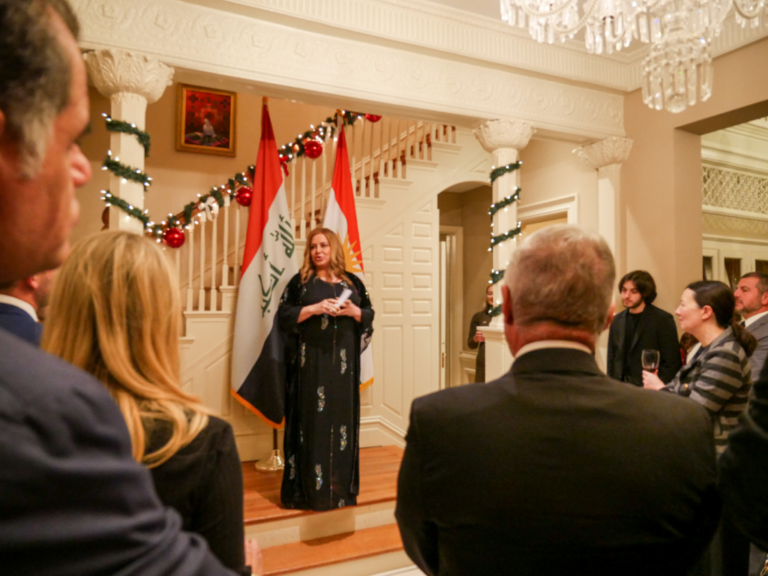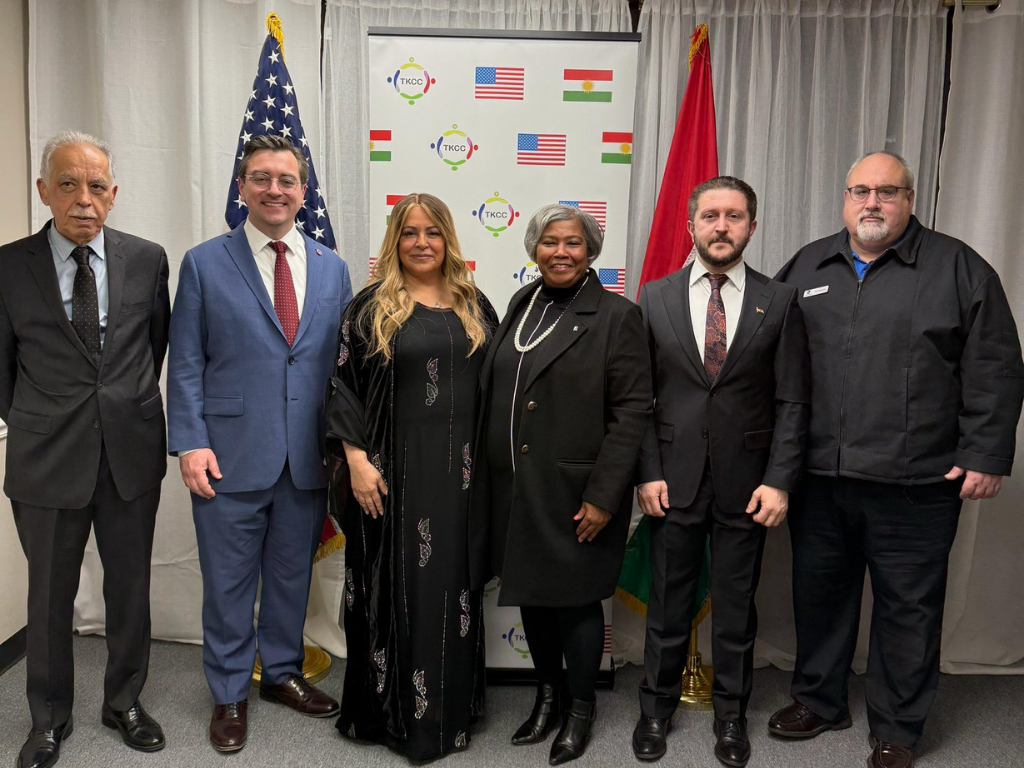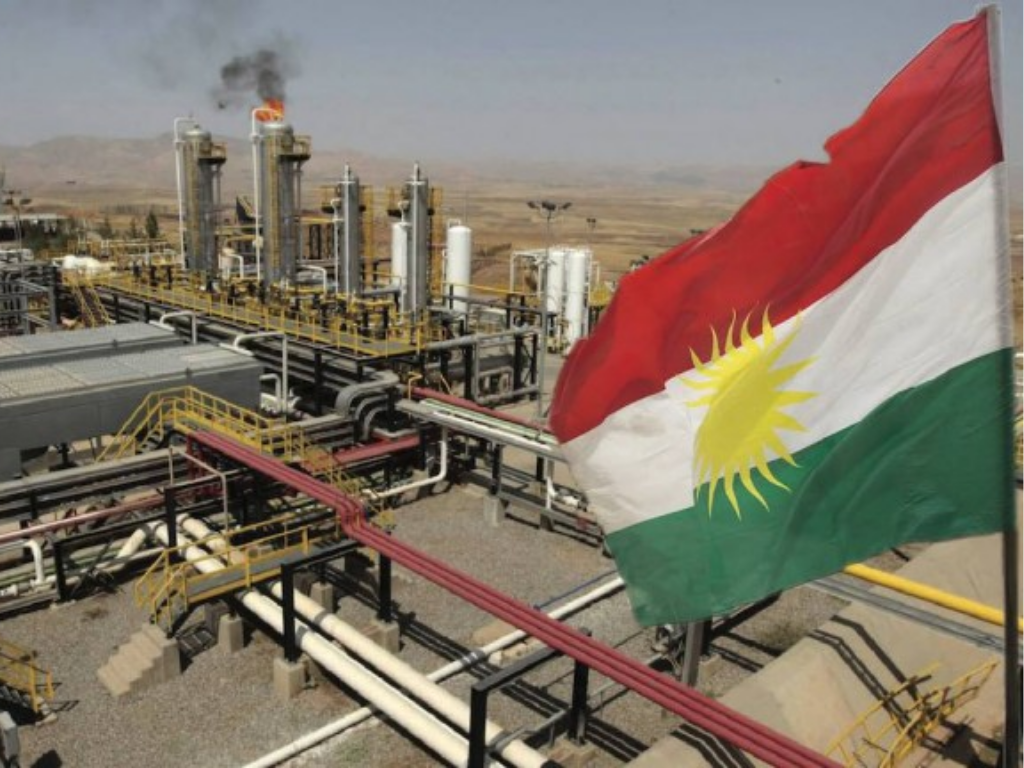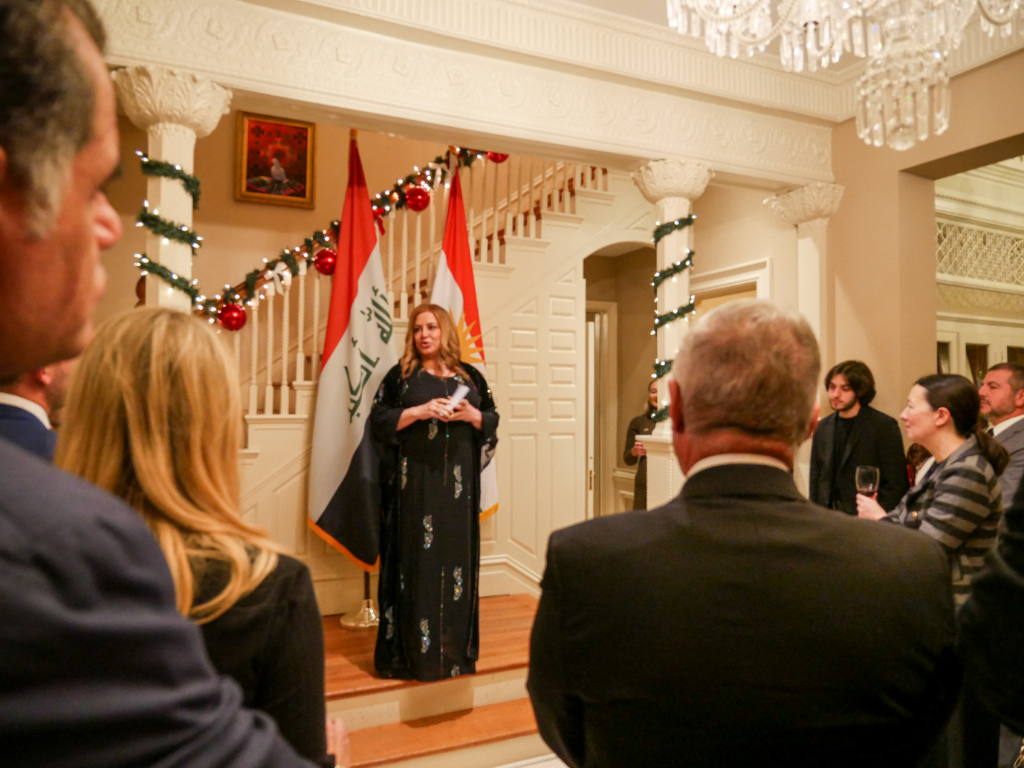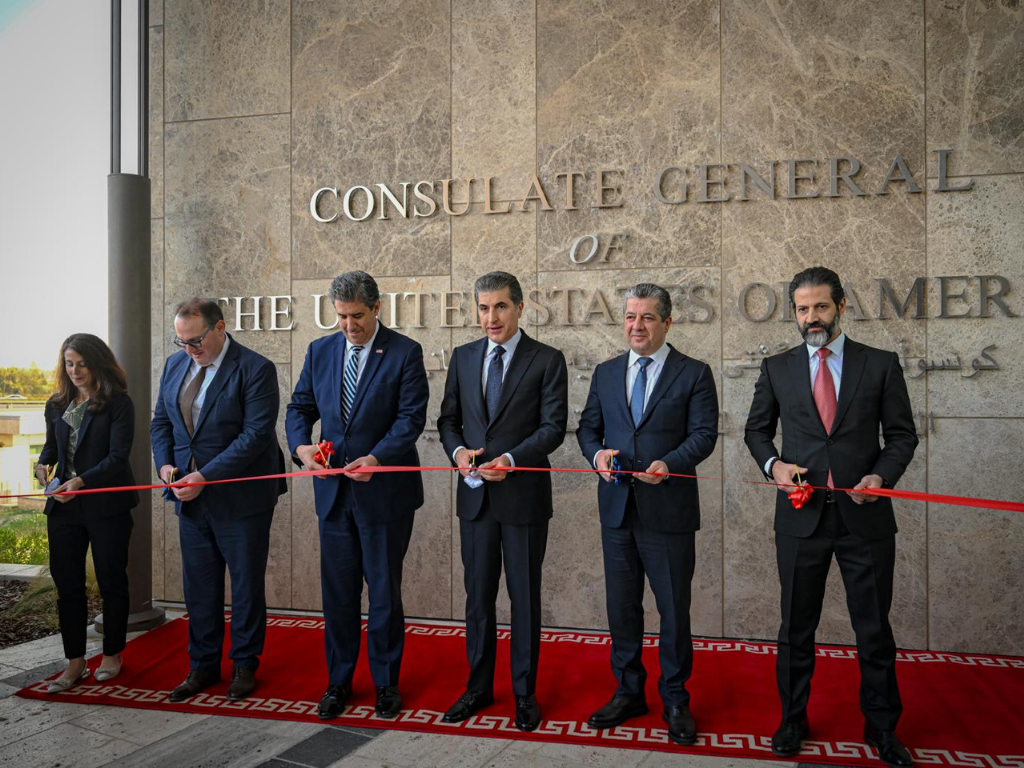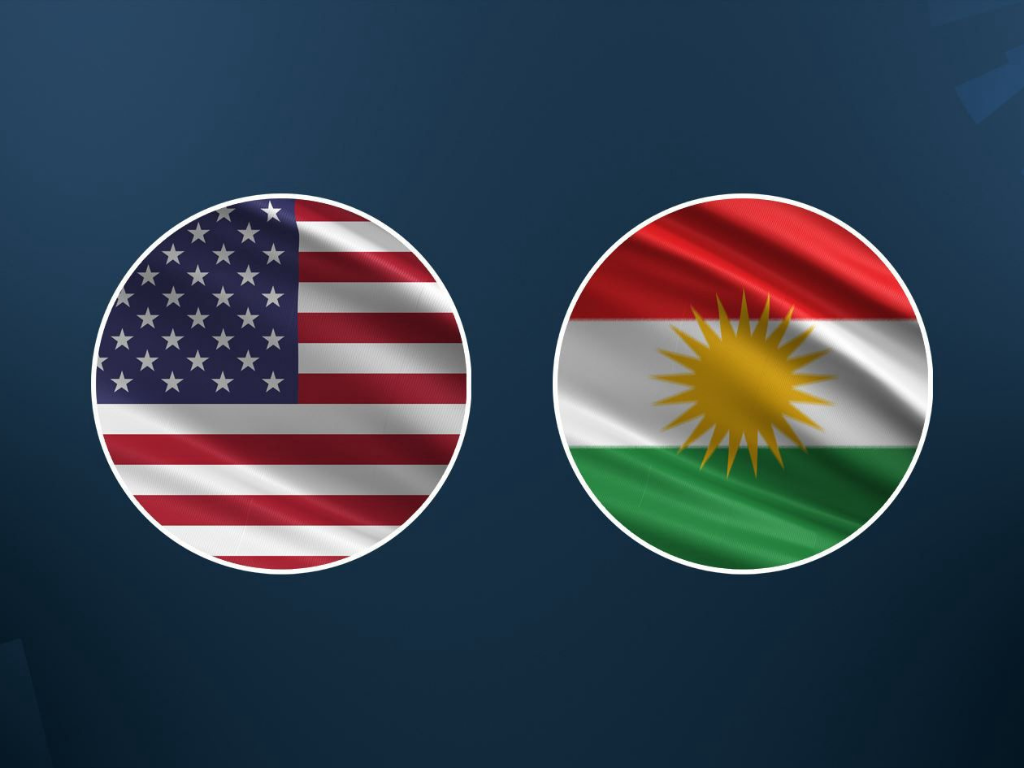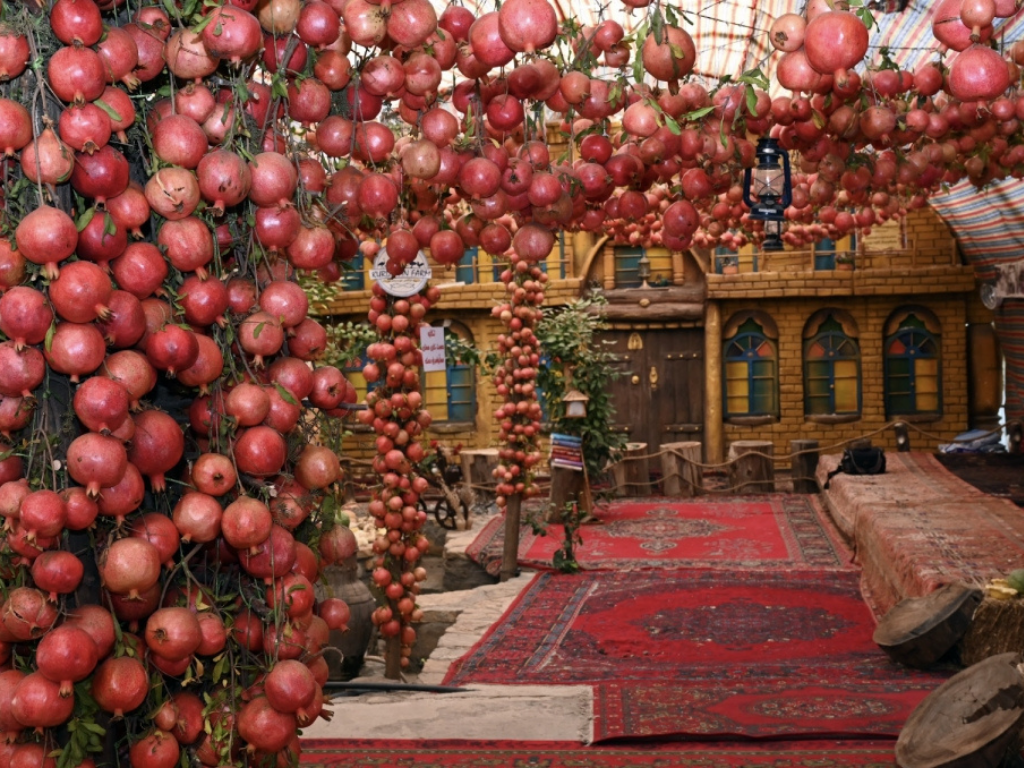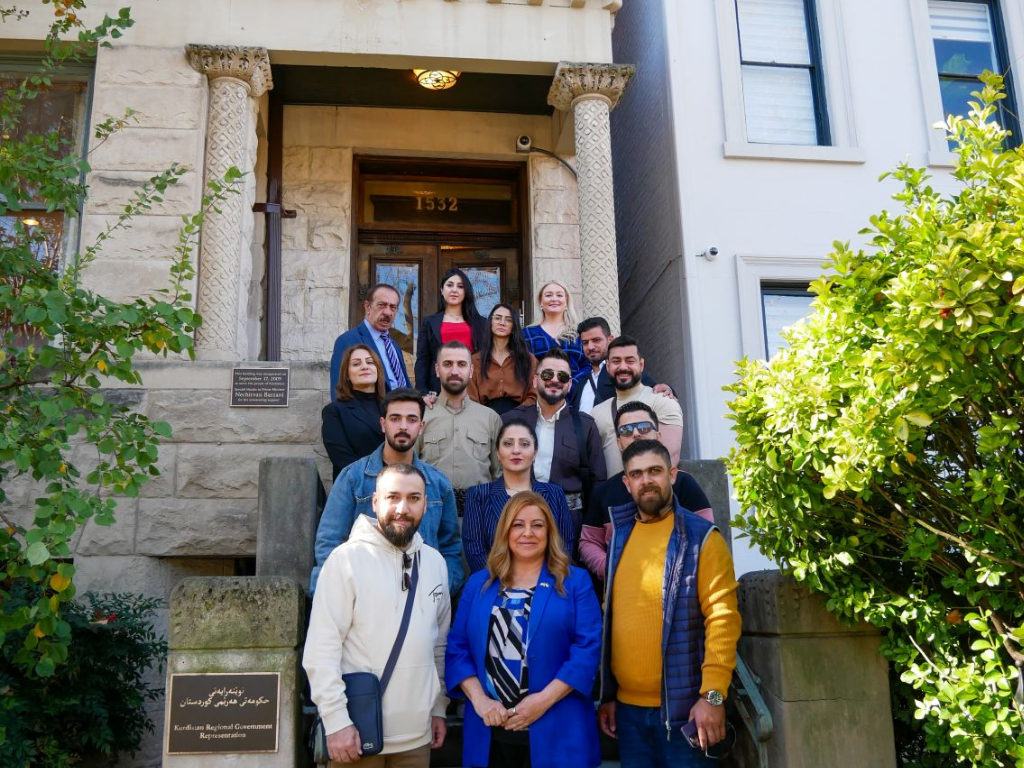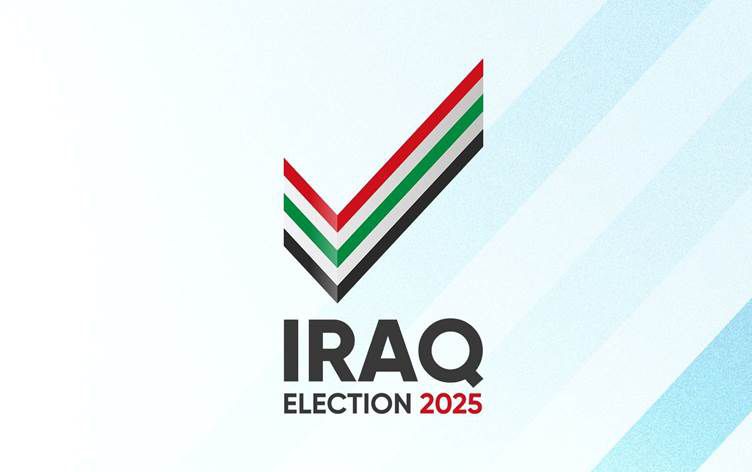The U.S. Chamber of Commerce delegation—including Google, IBM, Visa, PepsiCo, and Coca-Cola—visited the Kurdistan Region this September for two days of high-level talks, site tours, and cultural stops. Certified by the U.S. government, this landmark visit highlighted reforms and new opportunities for U.S.–Kurdistan investment and innovation, reaffirming the Region’s role as a growing hub for trade and partnership.
A Warm Welcome and Opening Session
The visit opened with a high-level session in Erbil featuring remarks from Interior Minister Rebar Ahmed, U.S. Consul General Wendy Green, and Steve Lutes, Vice President for Middle East Affairs at the U.S. Chamber of Commerce. Their comments underscored the depth of U.S.–Kurdistan ties and set the tone for an ambitious program focused on infrastructure, digital transformation, agriculture, and energy.
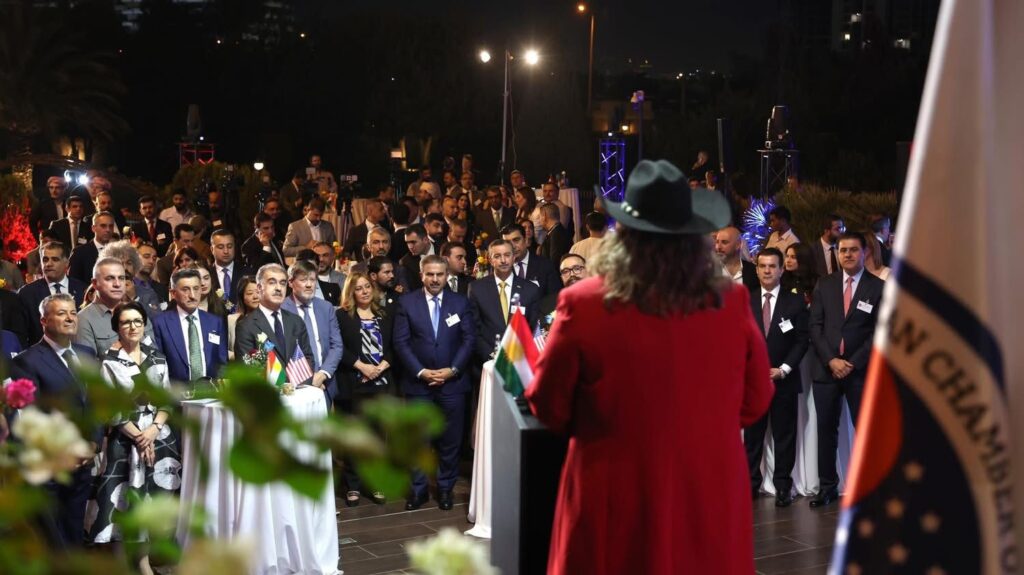
High-Level Meetings with KRG Leadership
Over the course of the visit, the delegation met with Prime Minister Masrour Barzani, Deputy Prime Minister Qubad Talabani, and key ministers including Ano Abdoka (Transport and Communications), Begard Talabani (Agriculture and Water Resources), and Kamal Mohammed (Electricity and Natural Resources). Each discussion spotlighted concrete opportunities for U.S. investment and cooperation in areas vital to the Region’s long-term growth — from modernizing infrastructure and boosting digital connectivity to advancing food security and renewable energy.
Prime Minister Barzani emphasized the KRG’s reform agenda and commitment to diversifying the economy, noting that Kurdistan’s young workforce, strategic location, and growing private sector offer unique advantages to American companies.
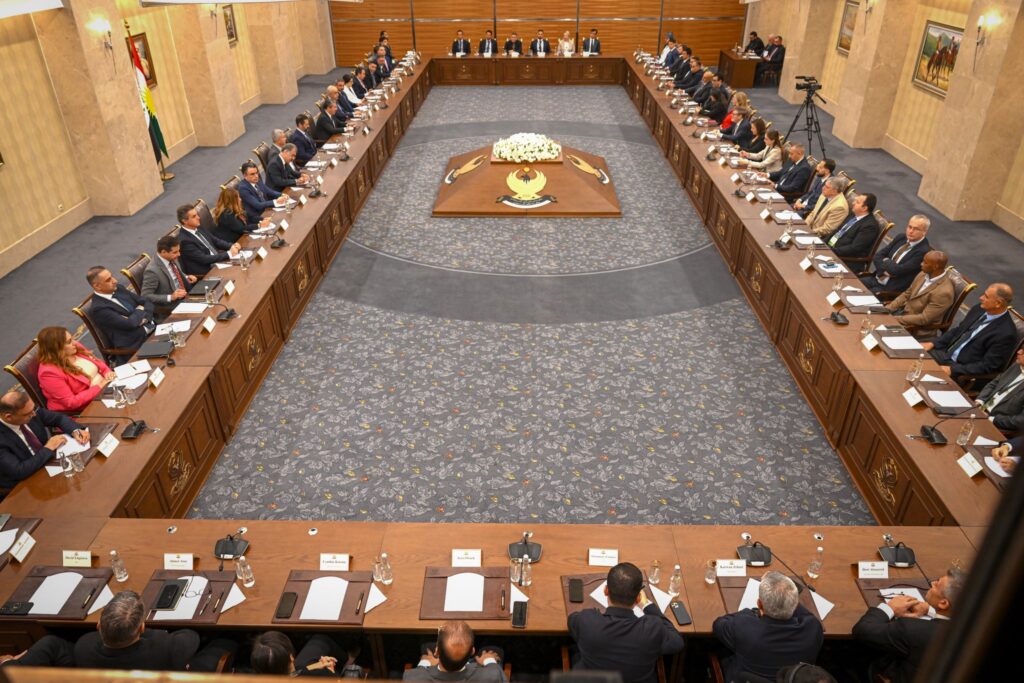
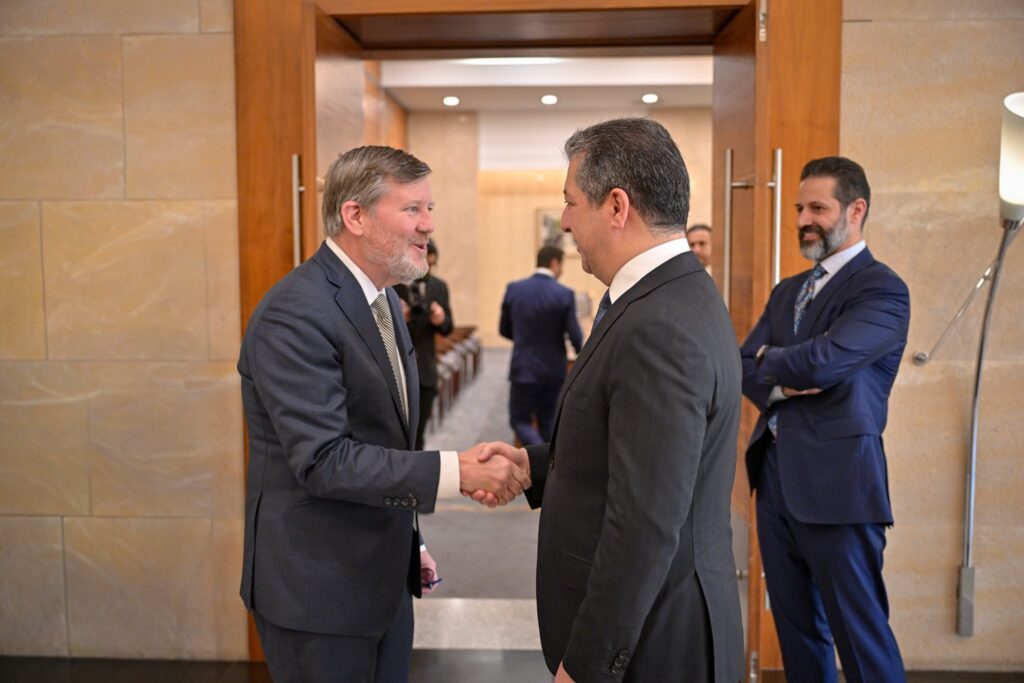
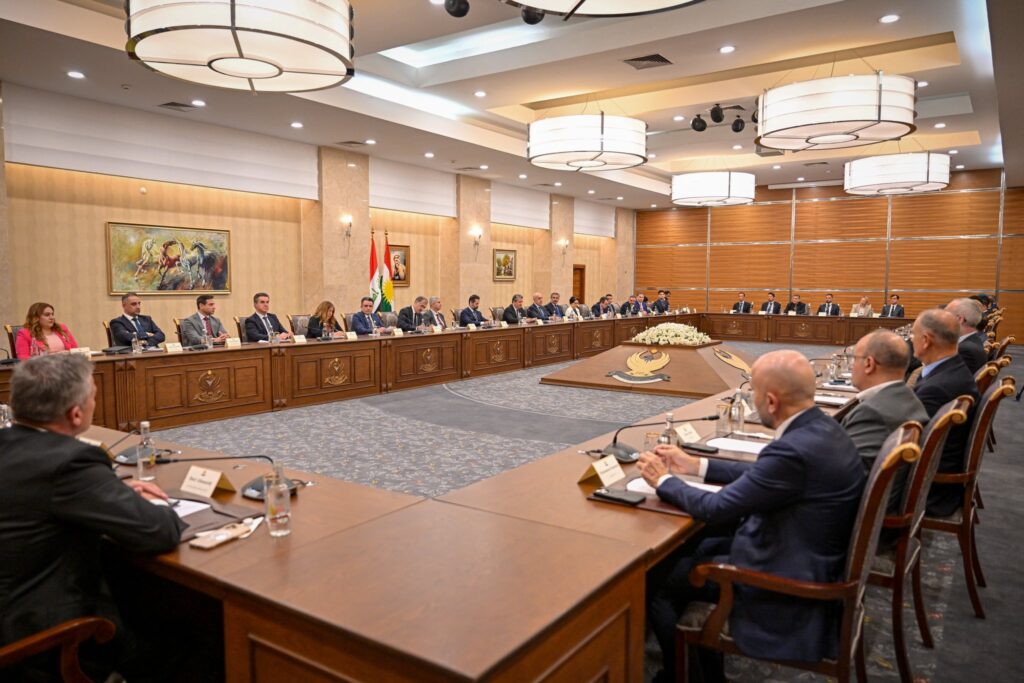
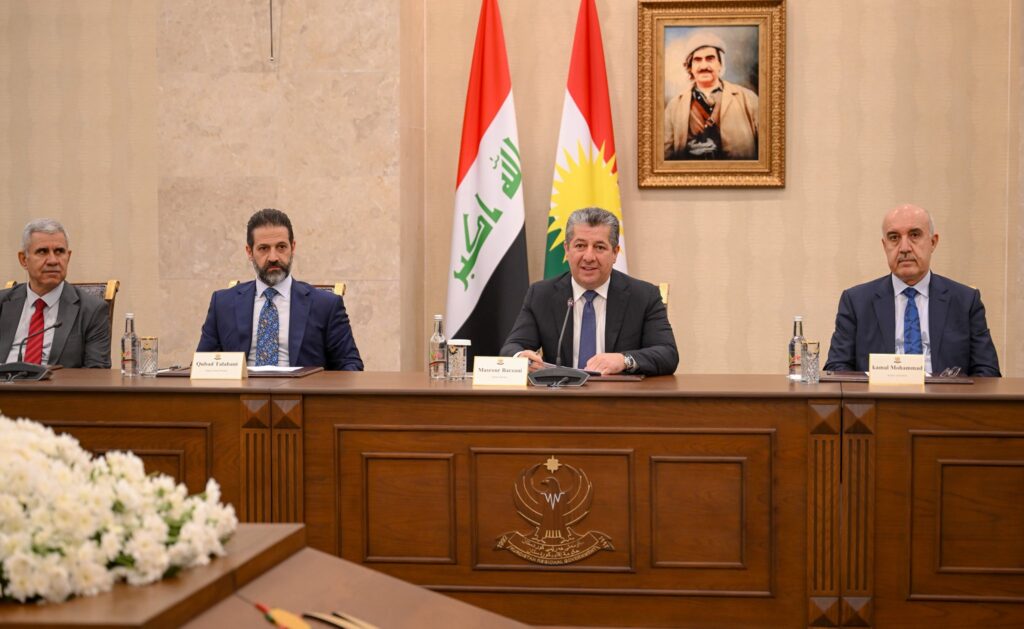
Site Visits Showcasing Progress
Members of the delegation toured several flagship projects illustrating the KRG’s commitment to sustainable development and innovation. At the Erbil Rapid Water Emergency Project, implemented by Hemn Group, they saw firsthand how the KRG is expanding access to safe water and upgrading essential infrastructure under Prime Minister Barzani’s leadership.
At the Department of Information Technology, members of the delegation explored the KRG’s digitalization initiative, which is moving government services toward a paperless system and creating opportunities for U.S.–Kurdistan technology partnerships.
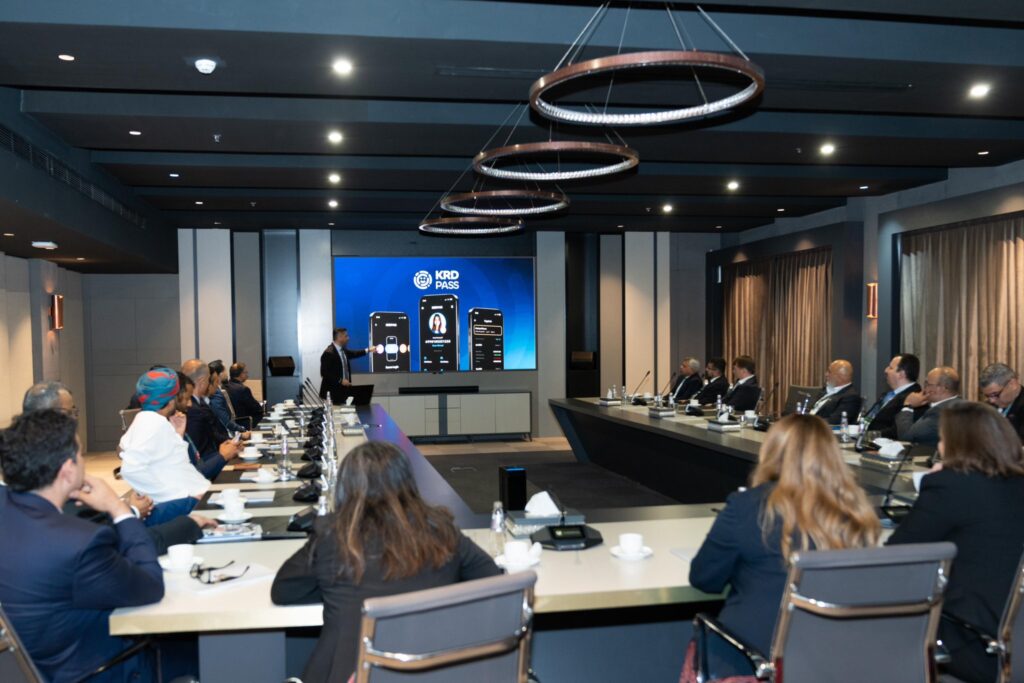
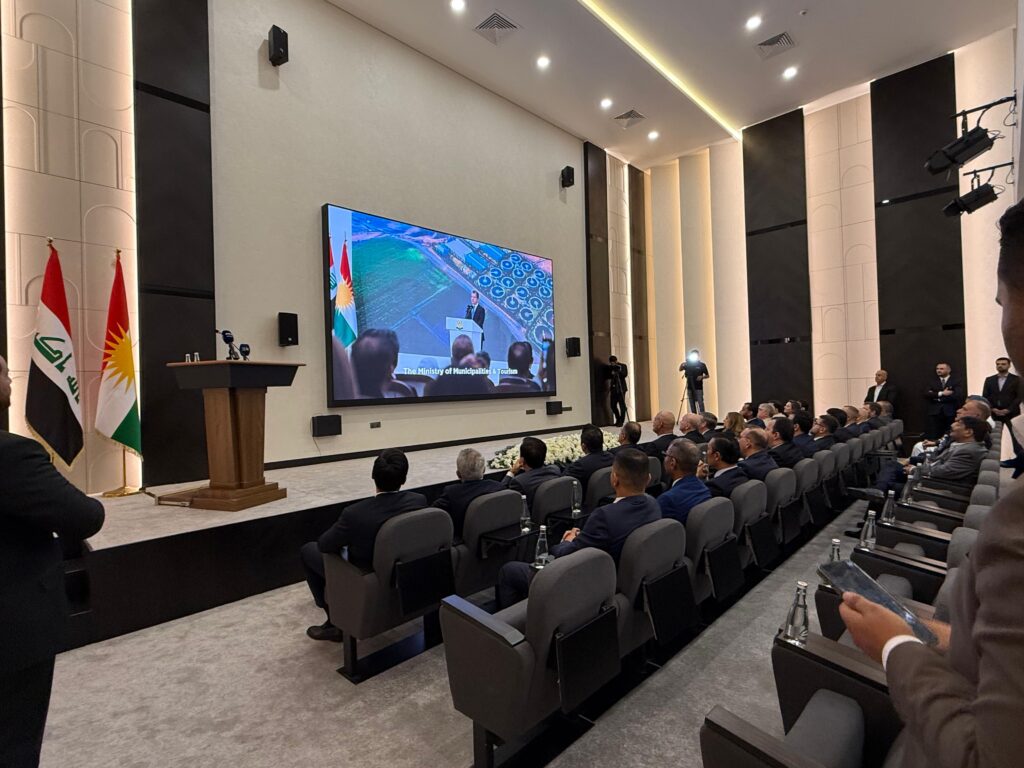
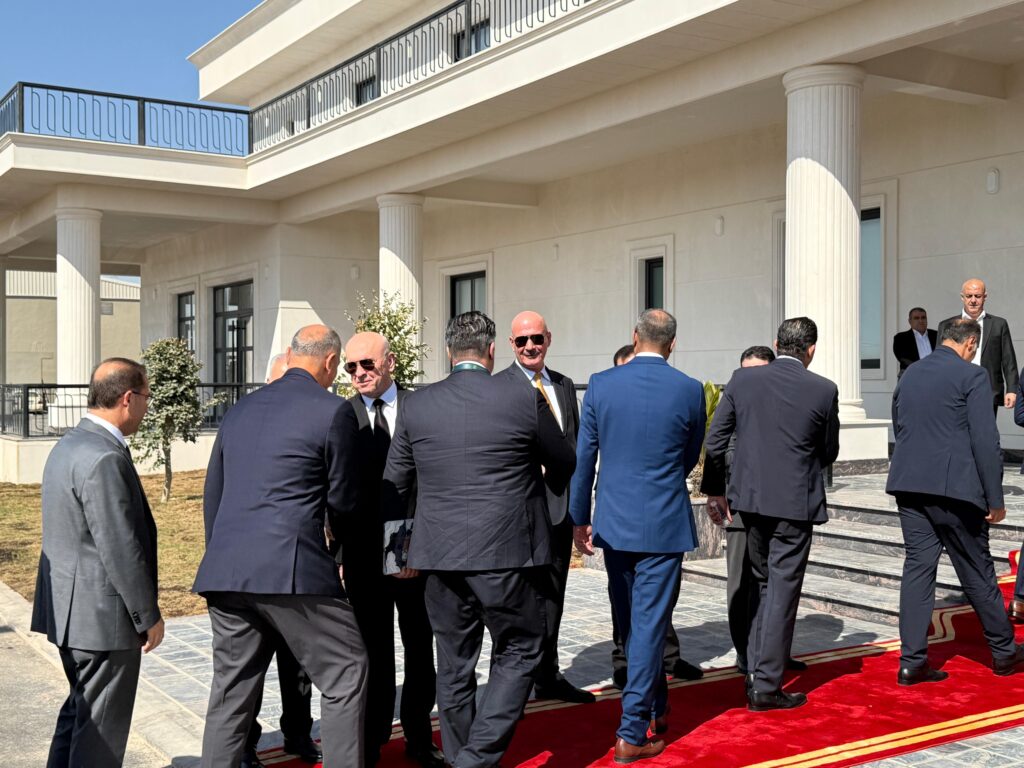
Engaging the Private Sector
Beyond government meetings, the delegation connected directly with Kurdistan’s business community. A networking luncheon with Dr. Mohammed Shukri, Chairman of the Kurdistan Board of Investment, showcased private-sector investment opportunities, while an evening reception hosted by the American Chamber of Commerce Kurdistan brought together officials, business leaders, and entrepreneurs to build new relationships.
Steve Lutes of the U.S. Chamber of Commerce described the visit as “a powerful demonstration of the opportunities available for American businesses in the Kurdistan Region,” while U.S. Consul General Wendy Green emphasized the importance of public-private partnerships to drive long-term growth.
Cultural Exchange and Heritage
The program concluded with a sunset tour of the Erbil Citadel, a UNESCO World Heritage Site and a symbol of the Kurdistan Region’s rich cultural heritage. This cultural component underscored the delegation’s appreciation for the Region’s history and identity and the broader potential for people-to-people ties alongside economic partnerships.
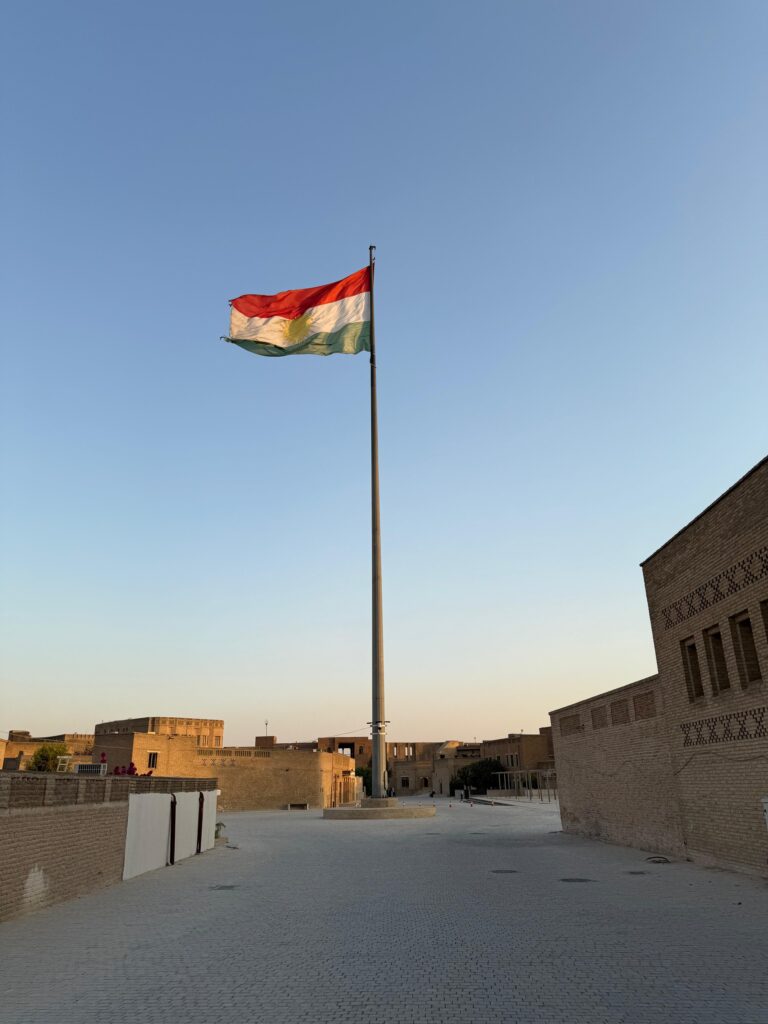
Looking Forward
This U.S.-certified delegation reflected a shared commitment to strengthen U.S.–Kurdistan economic ties and build new opportunities for collaboration across key sectors. With its reform-driven agenda, strategic location, and young, ambitious workforce, the Kurdistan Region offers strong advantages for American businesses seeking to expand in Iraq and the Middle East.
Representative Treefa Aziz summed up the visit: “Kurdistan is open for business. This delegation demonstrated the confidence and momentum behind the U.S.–Kurdistan partnership and the opportunities we can create together.”


